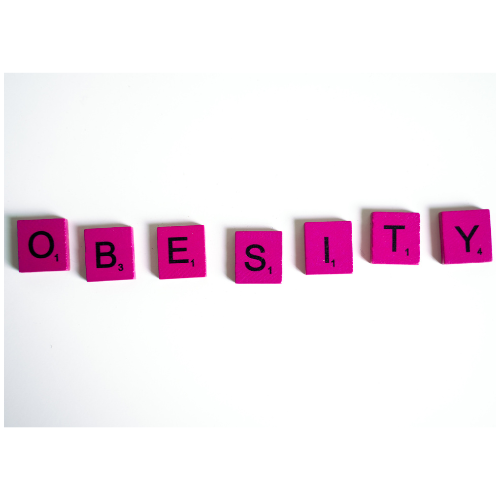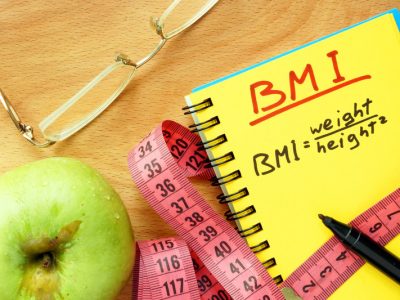
Optimism is how we look at things in life. The optimism in chronic pain management helps patients pass difficulties that they experience in their everyday life because the expect that things will get better in time.
Whether or not you see the glass as being half empty or half full may be something people joke around about. But research shows us that it can also have an impact on your health and quality of life. Those who suffer from chronic pain, and those who help provide treatment to those patients, will want to consider the impact that optimism has on one’s health and pain management.
Optimism is the way that we look at things. It’s a belief that things will look better, that there is good, and that you believe that positive things can and do happen. Having an optimistic outlook can be beneficial in helping people to cope with the many situations that life throws their way. It can help people bounce back after adversity and to have hope for a better tomorrow.
The idea of optimism helping with chronic pain management is one that has been being explored in recent years. A new study published in the September 2018 issue of Annals of Behavioral Medicine shared researchers’ findings regarding a study that looked at the role of optimism in patients with chronic pain (1). In the study, researchers worked with 258 patients who suffered from chronic musculoskeletal pain, having them answer questions regarding optimism, purpose of life, wellbeing, pain intensity, daily function, and a variety of other issues.
Stating that pain interferes with valued personal goals, the researchers wanted to see if there was a connection to optimism and a person’s goal adjustment. What they found was that those who are optimistic tend to be more flexible in adjusting their goals, which also promotes their quality of life. Being able to be flexible with goal adjustment is a variable between optimism and wellbeing.
The idea that being optimistic may help those with chronic pain management was also published in the October 2012 issue of the journal Pain (2). Researchers reported that there is growing evidence that that optimism is linked to lower pain sensitivity and better adjustment to pain.
To become more optimistic, start by making a commitment to the change. Catch yourself being pessimistic and replace those thoughts with optimistic ones, keep a gratitude journal so you can begin to identify the good, and surround yourself with positive people. Not only may being optimistic help you with your chronic pain management, but there’s a good chance you will have an improved quality of life as well.







